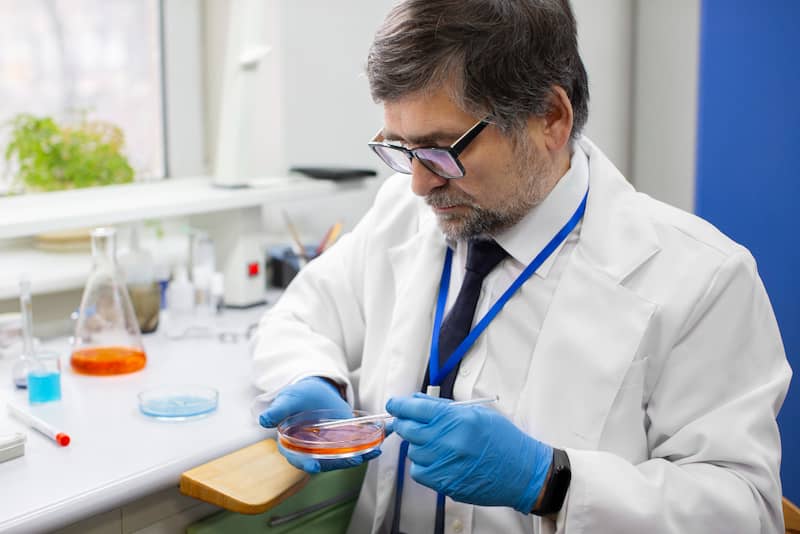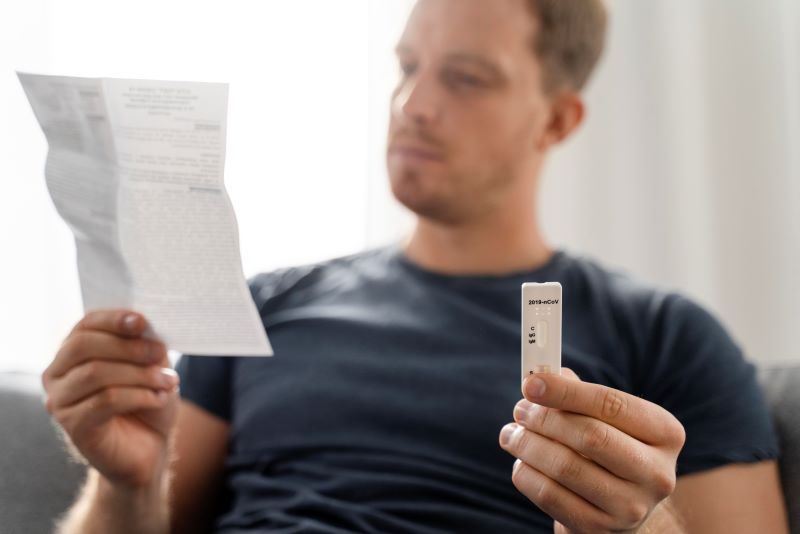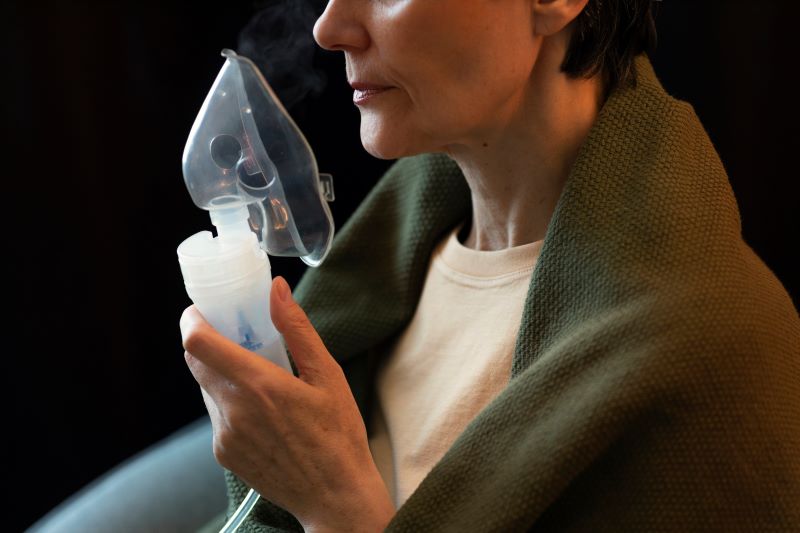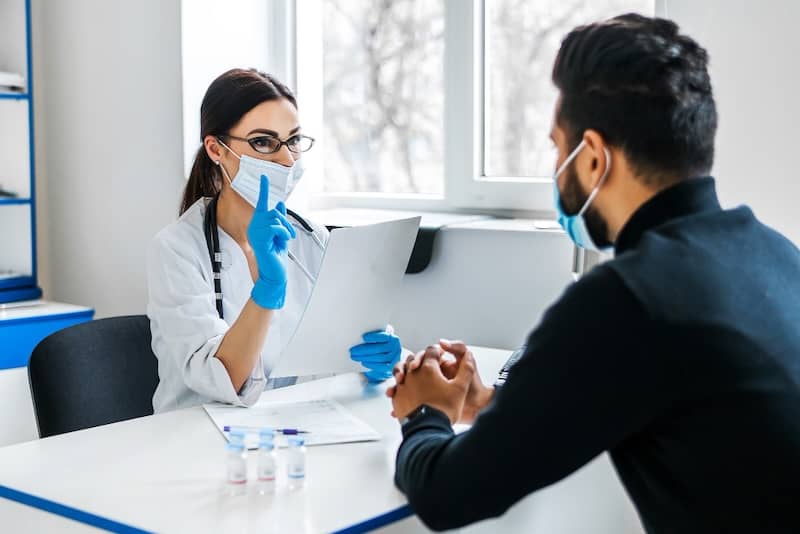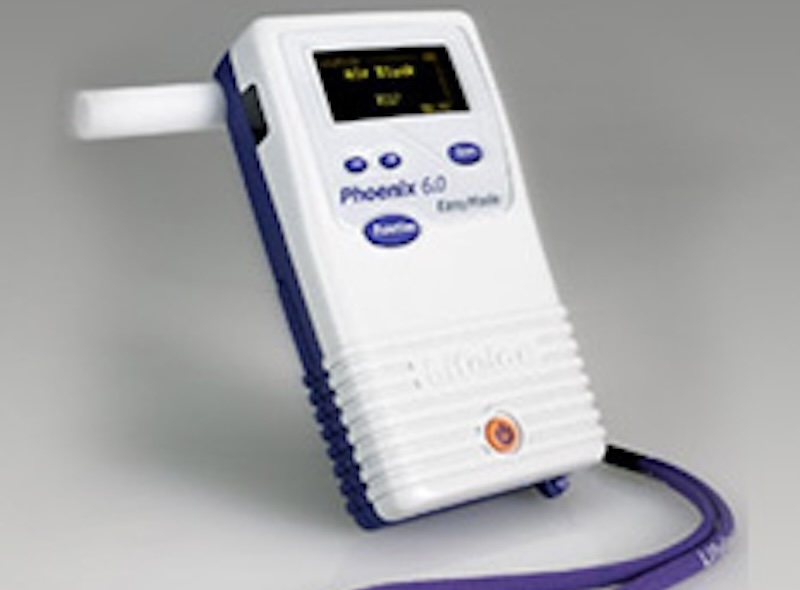So, you’ve decided to open your own drug testing business. There are multiple arenas where your services will be needed, from worried parents with wayward teens to truck drivers hauling goods across the nation. Here are some things to keep in mind moving toward that goal.
What Training Do You Need?
All testing facilities must follow applicable state laws and U.S. Department of Health and Human Services guidelines. Beyond that, you may want to include Department of Transportation (DOT) specific training, which can help you get clients like:
- Commercial Motor Vehicle (CMV) drivers operating big rig trucks, sanitation trucks, tanker trucks, and more
- Commercial pilots crossing the globe
- United States Coast Guard
- Passenger transport vehicles like city buses, taxis, and shuttles
- Pipeline workers
- Hazmat workers
- Train engineers and conductors
DOT training includes breath alcohol technician (BAT) certification, how to maintain a breathalyzer, certified urine specimen collector training, the use of alcohol test strips in the field, and more.
When Do Businesses Require Drug Tests?
Businesses can require a urine sample drug test under the following conditions:
- Onboarding: Some businesses want assurances right off that a new hire isn’t using. They can require testing as part of the hiring process.
- Randomized: Some businesses employ a randomized drug testing protocol. It makes drug testing less predictable and encourages operators to stay clean.
- Post-Accident: Anytime there is an accident, DOT operators are required to do a drug and alcohol test to prove they were sober at the time of the incident.
- Reasonable Suspicion: If an employee is acting out of character, slurring their speech, smells of alcohol or marijuana, or gives their boss reasonable cause to suspect the employee is using on or before the job, the employer can require a drug test.
- Return to Duty: If an employee fails a drug test and goes through the substance abuse program, they must pass the drug and alcohol test before they can return to work.
- Follow-up: After a return to duty test, several follow-up tests will prove the employee is maintaining their sobriety.
What About the Location?
You can see people out of your facility or take the facility to them in a mobile unit. If businesses send a single person for testing, such as part of the onboarding process, it might be easier to have them come to you. However, the mobile version might work best if multiple tests are performed or if you’re needed at the scene of an accident.
Brick-and-mortar locations have some advantages, such as bathrooms for urine samples, space to organize supplies in cupboards, closets, and on shelves, desks to write on, and a seating area for clients. However, these facilities bring with them additional costs, such as rent, electricity and water bills, heating, and air conditioning.
A mobile unit, on the other hand, could be a car, van, or motorhome. The motorhome even comes with a bathroom. There would be less space but also less overhead. The smaller the space, the more organized you will need to be for it to function properly.
Do You Need Employees?
When you’re first starting out, you can run the business on your own. However, as you get more clients, you’ll want to hire additional collectors. That way, your business can still run if you need a sick day or if you’re called to the scene of an accident. Otherwise, you’d have to close up shop and cancel appointments.
Where Do You Find Specimen Collection Materials?
You can use a lab that gives you DOT regulatory industry-approved supplies at a reasonable cost. Some will give them to you for free until the kit is used and sent to the lab, and the kit is part of the fee. You can also order drug testing forms and supplies, alcohol testing forms and supplies, and spirometers online from a supplier who orders in bulk and passes the discount on to you.
Do You Need Regular Office Supplies?
Whether you rent an office space or run your business out of your home and use the mobile unit, you will need an office. You need a place to store records of all the specimens you’ve collected in case any collection is called into question at a future date. You’ll need a computer to complete online training and continuing education courses, not to mention accounting software to keep track of accounts payable and receivable. Unless you have an online portal where clients can pay you for services, you’ll also need a printer and scanner for invoices, etc.
Final Thoughts
Starting a business is a big undertaking, but drug testing is a very approachable model. Training doesn’t take long; you can do it all remotely (including mock collections to show proficiency). With labs handing out free (to you) kits, you can charge clients for the cost of the kits as part of your fee and pass it along to the lab. And with the possibility of a mobile unit, you could start the business with a relatively small investment and scale up as you gain clients.

